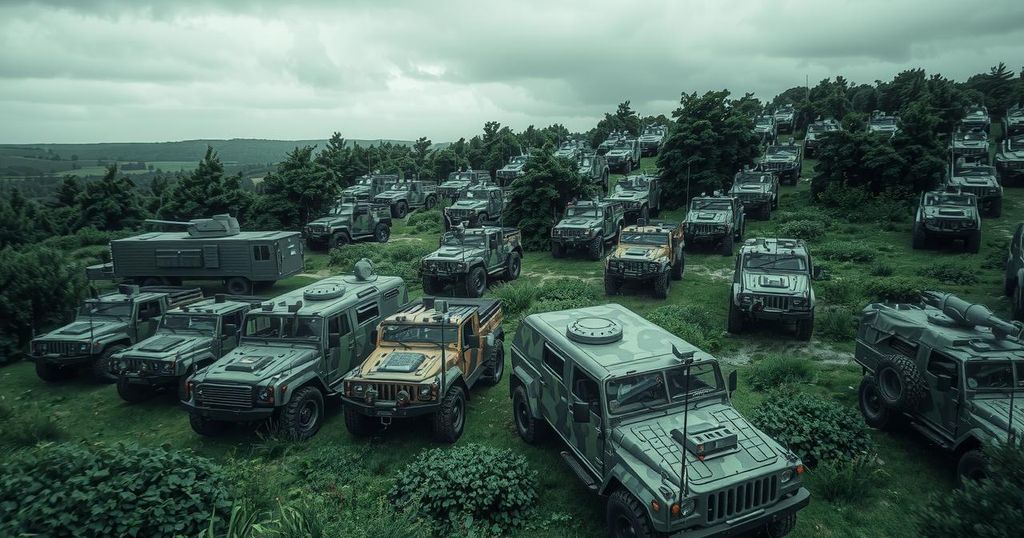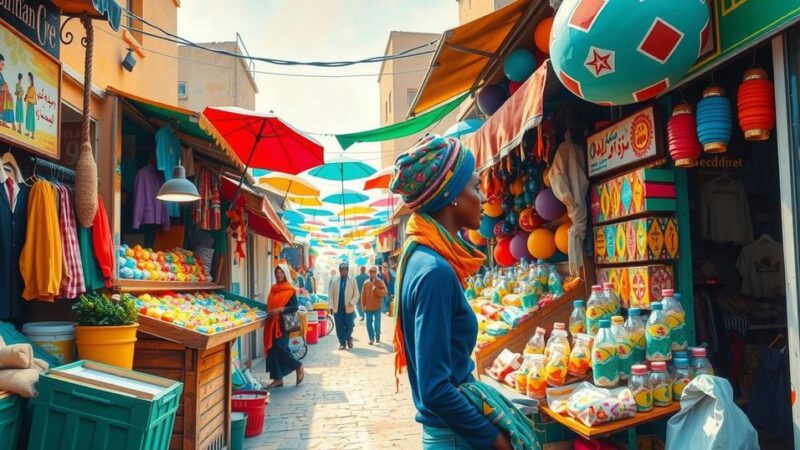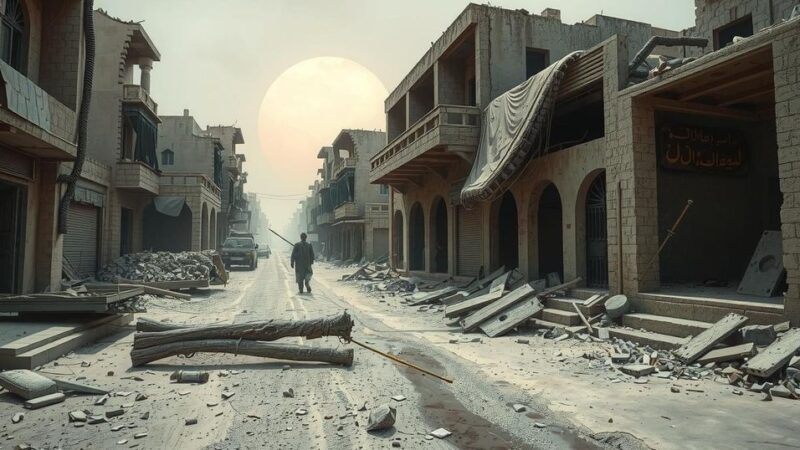The DRC’s military has struggled against the M23 rebel group due to corruption, inadequate training, and weak leadership. Despite having a large force, the FARDC’s internal issues and external factors, notably Rwandan support for M23, hinder its operational effectiveness. The historical context of military distrust and mismanagement adds to the complexity of reforming the armed forces.
Since January, the M23 rebel movement has captured Goma and Bukavu, two vital cities in the Democratic Republic of Congo (DRC), and has established its governance in these regions. Despite the Congolese armed forces (FARDC) having approximately 135,000 soldiers as of 2022, this number has reportedly increased since. In contrast, the M23 is estimated to have only a few thousand fighters with additional support from about 4,000 Rwandan soldiers.
The significant military spending increase to $794 million by President Felix Tshisekedi raises concerns regarding the FARDC’s effectiveness against M23. Researcher Alain De Neve from the Royal Higher Institute for Defence attributes this weakness to systemic corruption, revealing that funds meant for salaries and logistics often vanish. This financial mismanagement adversely affects troop morale and contributes to a high desertion rate, with some soldiers resorting to looting or extorting local civilians for survival.
Experts like Ciaran Wrons-Passmann have characterized the FARDC as operating more like a self-serving entity, allowing leaders to enrich themselves. Military officers within the eastern DRC have reported inflated soldier numbers, leading to increased funding from Kinshasa, which is not adequately distributed among troops. This lack of transparency and accountability has significantly hindered the army’s operational effectiveness.
The FARDC’s challenges are compounded by insufficient training and outdated equipment, as they lag significantly behind the M23, which employs structured training and adapted combat tactics. Kinshasa has struggled to maintain awareness of troop movements and relies on unprofessional communication methods, like WhatsApp, which complicates field coordination.
The Congolese government’s reluctance to empower competent military officers perpetuates cronyism, leading to ineffective tactical decisions. With frequent turnover in military leadership, including the intelligence services, the regime struggles to recruit loyal officers capable of executing military reforms, resulting in parallel chains of command instead of a cohesive military structure.
Historically, leaders like Mobutu Sese Seko intentionally weakened the army to prevent potential coups, prioritizing loyalty over competence. This created a longstanding mistrust and fragmentation within the military, which was further exacerbated by Rwandan infiltration, complicating government negotiations with M23.
Felix Tshisekedi has stated that the army was betrayed from within, with some members lacking national loyalty. The military support from Rwanda significantly contributes to FARDC’s challenges against M23, which is well-organized and better equipped. Though the DRC has initiated military reforms, spokesperson Patrick Muyaya cautions that such transformations cannot be expeditiously resolved, indicating a long-term commitment is necessary to rebuild the armed forces and address ongoing security dilemmas in the region.
The Democratic Republic of Congo’s military struggles against the M23 rebel group due to systemic corruption, lack of training and resources, and ineffective leadership. The FARDC, despite an increase in its forces and military spending, faces significant operational challenges exacerbated by internal mismanagement and external influences, particularly from Rwanda. The historical legacy of distrust within the military further complicates efforts for reform and effective governance, indicating the need for a concerted and sustained strategy to address these profound issues.
Original Source: www.dw.com






